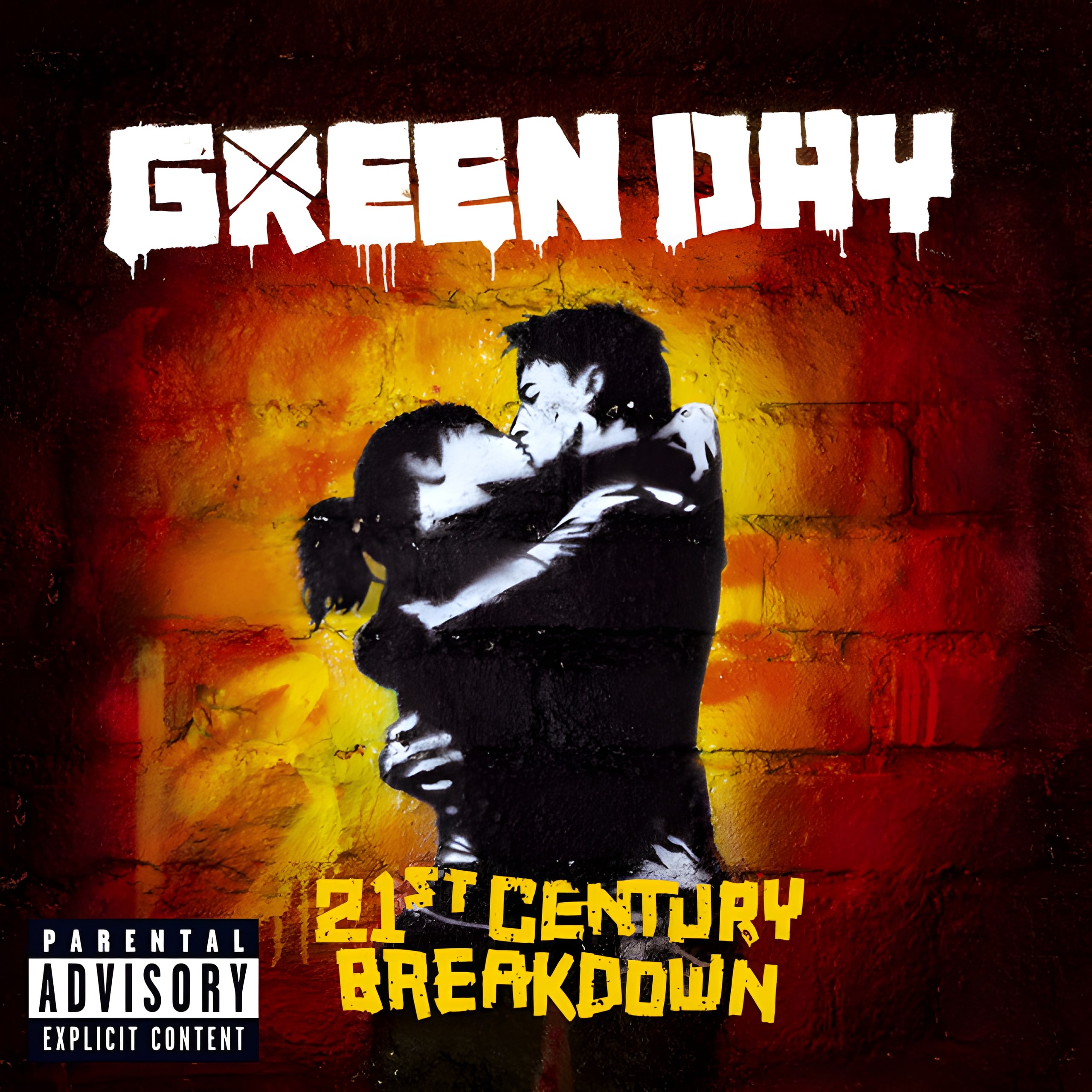Released: 1994
Dive into the frenetic energy and raw honesty of Green Day’s “Basket Case,” a cornerstone of ’90s punk rock that taps into the anxious zeitgeist of a generation. At first glance, it’s an anthem of disaffection and existential dread, voiced with Billie Joe Armstrong’s trademark snarl. But peel back the layers, and there’s an intricate discussion on mental health, societal expectations, and self-doubt that still resonates today. Let’s break it down, verse by verse, and get to the heart of this punk rock powerhouse.
The song kicks off with a line that’s almost a plea for understanding, “Do you have the time to listen to me whine?” Immediately, it sets the stage for a confessional that’s both personal and universal. Armstrong admits to being “one of those melodramatic fools,” neurotic and overwhelmed by his own thoughts and feelings. This opening gambit isn’t just about setting a tone; it’s a clear signal that we’re diving deep into the psyche of someone teetering on the edge, struggling with the internal chaos that defines neurosis.
As the song progresses, it’s clear that this isn’t just adolescent angst at play. “Sometimes I give myself the creeps, sometimes my mind plays tricks on me,” suggests a deeper struggle with mental health, an echo of paranoia and self-doubt that many find all too relatable. When Armstrong questions, “Am I just paranoid or am I just stoned?” he’s not only addressing the confusion and uncertainty that comes with these feelings but also nodding to the broader societal stigmas around mental health and substance use.
The middle verses of “Basket Case” reveal attempts to seek help and the often dismissive or reductionist responses that can come from those supposed to provide support. Consulting a “shrink” who boils down his existential dread to “lack of sex,” and a “whore” who finds his life dull, Armstrong highlights the frustration and isolation of being misunderstood or not taken seriously. These experiences only add to the cycle of self-doubt and introspection, making it even harder to grasp at the control he so desperately seeks.
By the time we get to the refrain of grasping to control and the repeated admissions of giving oneself the creeps, it’s clear that “Basket Case” is more than a catchy punk anthem. It’s a raw, unfiltered look into the struggle with mental health, the craving for understanding, and the sense of spiraling out of control. Armstrong’s wording—”Grasping to control / So I better hold on”—captures the desperate cling to sanity amidst the chaos of one’s own mind.
In essence, “Basket Case” by Green Day isn’t just a snapshot of ’90s punk angst. It’s a timeless exploration of the human condition, particularly the parts we often try to hide or ignore. Through its gritty guitars and anthemic choruses, it offers a space for acknowledgment and solidarity in the face of internal turmoil. So, whether you’re parsing the lyrics for a deeper meaning or simply nodding along to the beat, remember: “Basket Case” is a masterclass in turning personal struggle into universal understanding, all wrapped up in a perfect punk package.








